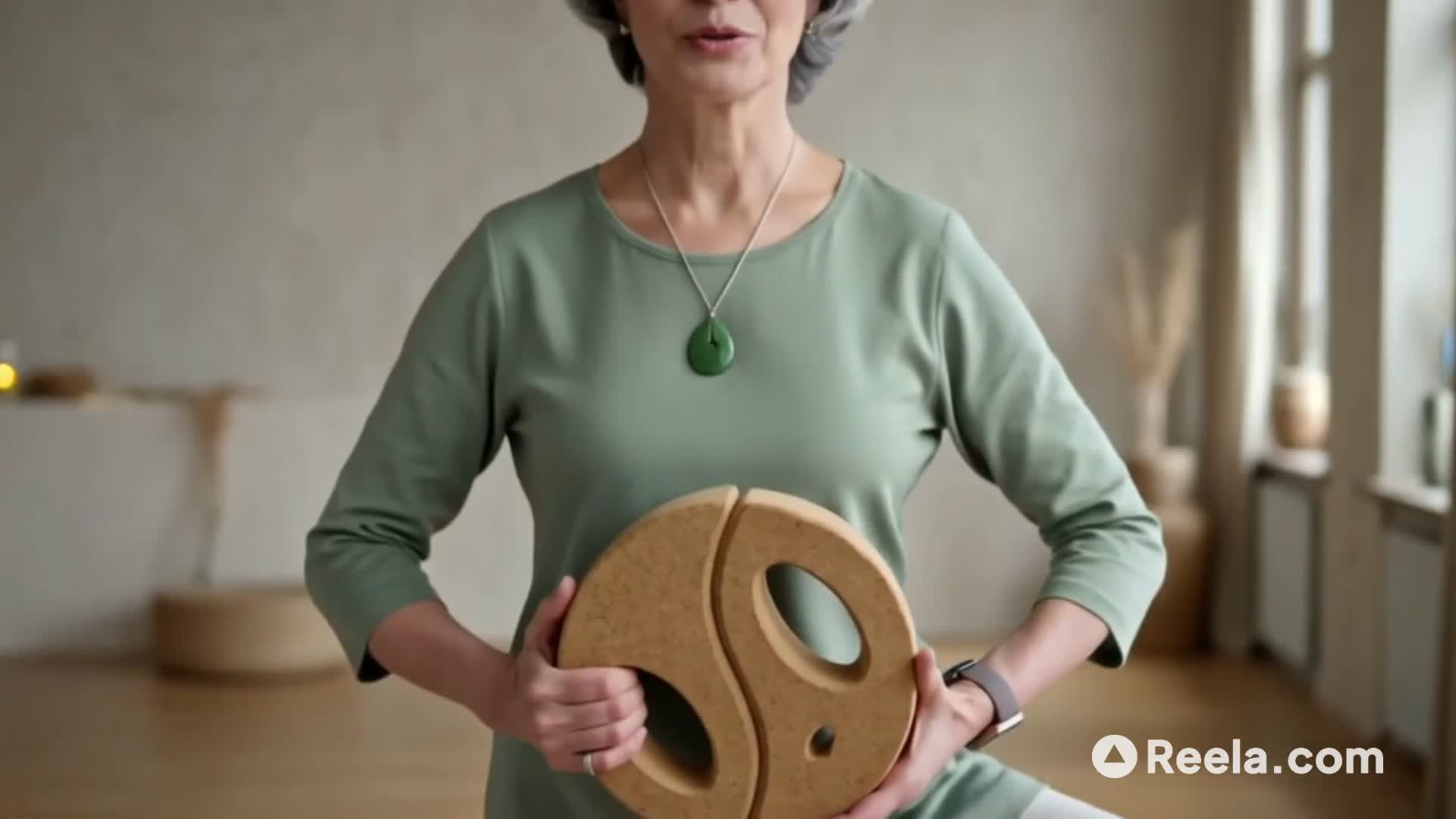The 7 Habits of Highly Effective People®: Restoring the Character Ethic·Global Sold 40,000,000 copies
Z
An educational video explaining Stephen Covey's "The 7 Habits of Highly Effective People," covering all seven habits in detail with engaging AI-generated visuals and bilingual subtitles.
An educational video explaining Stephen Covey's "The 7 Habits of Highly Effective People," covering all seven habits in detail with engaging AI-generated visuals and bilingual subtitles.
Keyframes
Original Prompt
严格使用脚本:“Habit 1: Be Proactive. Why can some people rise above others? It depends on the strength of our self-awareness. Simply put, it’s our ability to confront our primal instincts. For example, when a person is hit, they might think, "Why did he hit me?" before reacting, while a dog will instinctively bite back. Those with strong self-awareness can choose how to respond to external stimuli. This relates to proactivity because everyone faces many issues, but only a few self-aware individuals can distinguish between what they want to do and what they are capable of doing. By focusing on what lies within their circle of influence, proactive individuals can expand their impact, while those lacking self-awareness fixate on others' weaknesses, shrinking their influence.
Habit 2: Begin with the End in Mind. Imagine you are nearing death; how would you want your family, friends, colleagues, or even strangers to remember you? These reflections represent your core values and expectations. Write them down as your personal mission statement to guide your actions and decisions.
Habit 3: Put First Things First. List everything you want to do, are doing, or haven't done, based on their importance and urgency. Manage yourself by identifying items outside your influence and removing them, cultivating preventive thinking to minimize urgent matters, and courageously eliminating unimportant tasks. Focus your energy on the second quadrant, where creativity flourishes, leading to greater success.
Habit 4: Think Win-Win. The essence of relationships is creating an emotional bank account filled with trust and security. When this balance depletes, relationships suffer. There are six interaction models, but only the win-win approach nurtures both parties’ emotional accounts. Sufficient emotional balance allows for short-term trust expenditures, but long-term success requires a win-win mindset, viewing life as a collaborative stage rather than a battleground.
Habit 5: Seek First to Understand, Then to Be Understood. We often learn to express ourselves but rarely how to listen. Effective communication requires empathy; only by truly understanding others can we influence them. This cannot be achieved through mere technique; if someone feels manipulated, they will not open up. Authentic communication begins with genuine character, followed by developing empathetic listening skills to foster secure exchanges.
Habit 6: Synergize. The fundamental mindset of synergy is recognizing that if a talented person disagrees with me, their viewpoint likely holds insights I have yet to grasp. Judging and respecting differences is essential to synergy, shifting focus from self-defense to co-creation, thus achieving a collective impact greater than the sum of individual efforts.
Habit 7: Sharpen the Saw. Continuous renewal is about protecting and enhancing your most valuable asset—yourself—across four areas: physical, mental, intellectual, and emotional. Balancing these elements allows for the harmonious application of the seven habits, promoting personal growth.”
标题使用:“The 7 Habits of Highly Effective People®: Restoring the Character Ethic·Global Sold 40,000,000 copies.”
内容为英语,英语中文双语字幕。
Settings
Duration
4:27
Aspect Ratio
16:9
Tip: Use this prompt in Reela'sAI Video Generator to easily create your own unique version in minutes.








